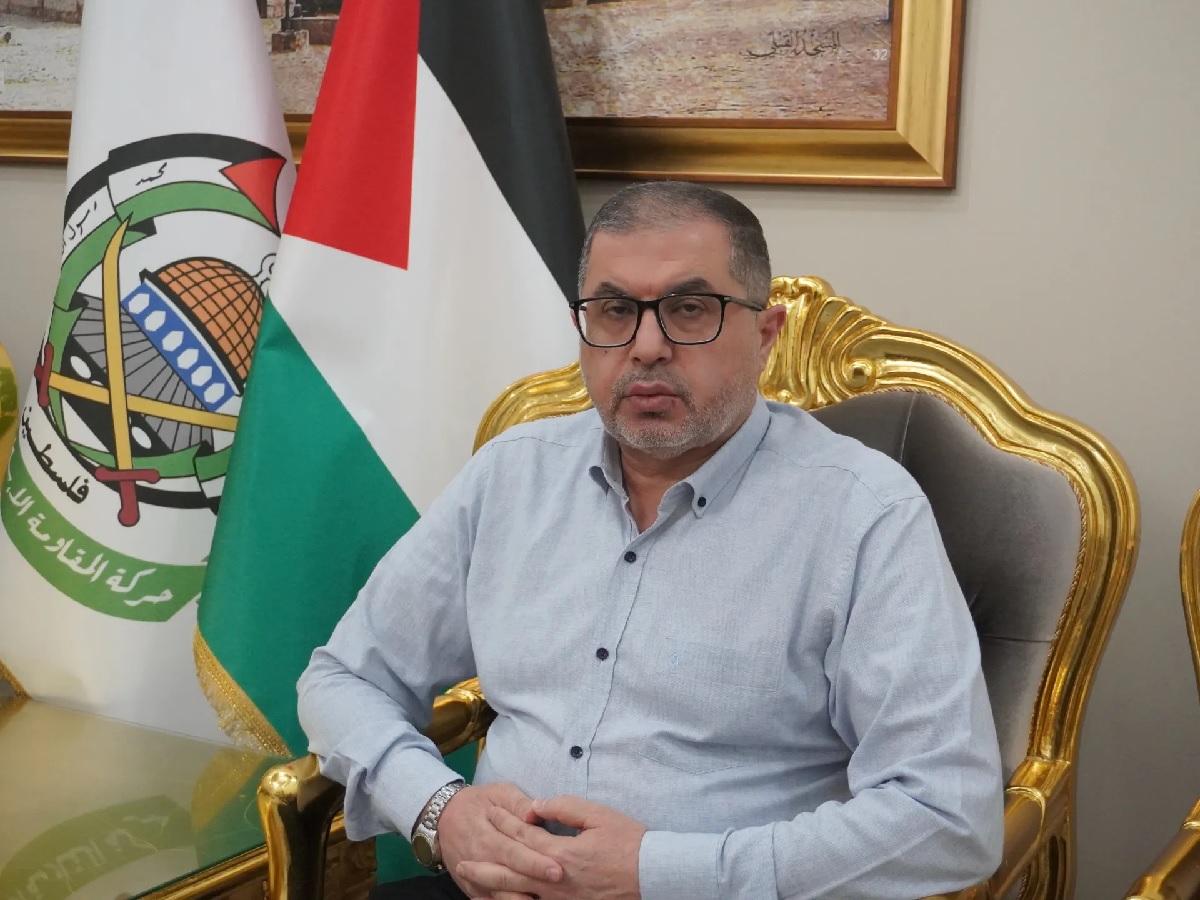Watan-Bassem Naim, a senior leader in the Hamas movement, stated that the first phase of the ceasefire agreement in the Gaza Strip is a humanitarian phase. He added that negotiations in the upcoming phases will continue under the conditions of the first phase.
In an interview with Al-Aqsa TV on Tuesday, Naim said, “The first phase is a humanitarian one, under which children, women, and the elderly will be released.” He pointed out that Hamas had consistently demanded in every round of negotiations a ceasefire and the withdrawal of Israeli forces from all areas of the Gaza Strip.
The implementation of the first phase of the agreement began on Sunday morning and will last for 42 days, during which negotiations for the implementation of the second phase will take place.
Naim mentioned that after the first week of the agreement, Israeli forces will withdraw from Al-Rasheed Street in the western part of the Gaza Strip. Displaced individuals will be able to return to the northern areas of the Gaza Strip on foot, without restrictions or searches. An electronic scan of vehicles returning to the northern region will be conducted under Palestinian coordination and Qatari supervision.
He also noted that the Rafah crossing, which connects Gaza to Egypt, will resume operations on the seventh day of the agreement “under Palestinian coordination and European supervision” to allow the departure of the wounded and the entry of aid.
Regarding the subsequent phases of the agreement, Naim stated that negotiations “will continue under the conditions of the first phase.”
He further commented that the negotiation rounds were “fierce, and we were keen to secure the resistance’s conditions in every round,” considering that Israeli Prime Minister Benjamin Netanyahu “yielded to the resistance’s terms after its steadfastness.”
Naim highlighted that internal pressure within Israeli society on Netanyahu “was one of the factors leading to his compliance with the resistance’s conditions.”
The Hamas leader emphasized that the movement is committed to the agreement as long as Israel adheres to it. He stated, “There are several factors that will prevent the occupation from returning to war, but we cannot trust its treachery.”
He explained, “The occupation government and its army are in a real crisis, with political and military collapse enhancing the likelihood of them avoiding a return to war.”
Naim also mentioned intensified efforts currently underway to end Palestinian division, with the aim of forming a national unity government.
He added, “We are working to form a technocratic government agreed upon by Palestinian factions to manage the situation in Gaza. We will not leave Gaza to chaos or external interference in managing the scene.”
